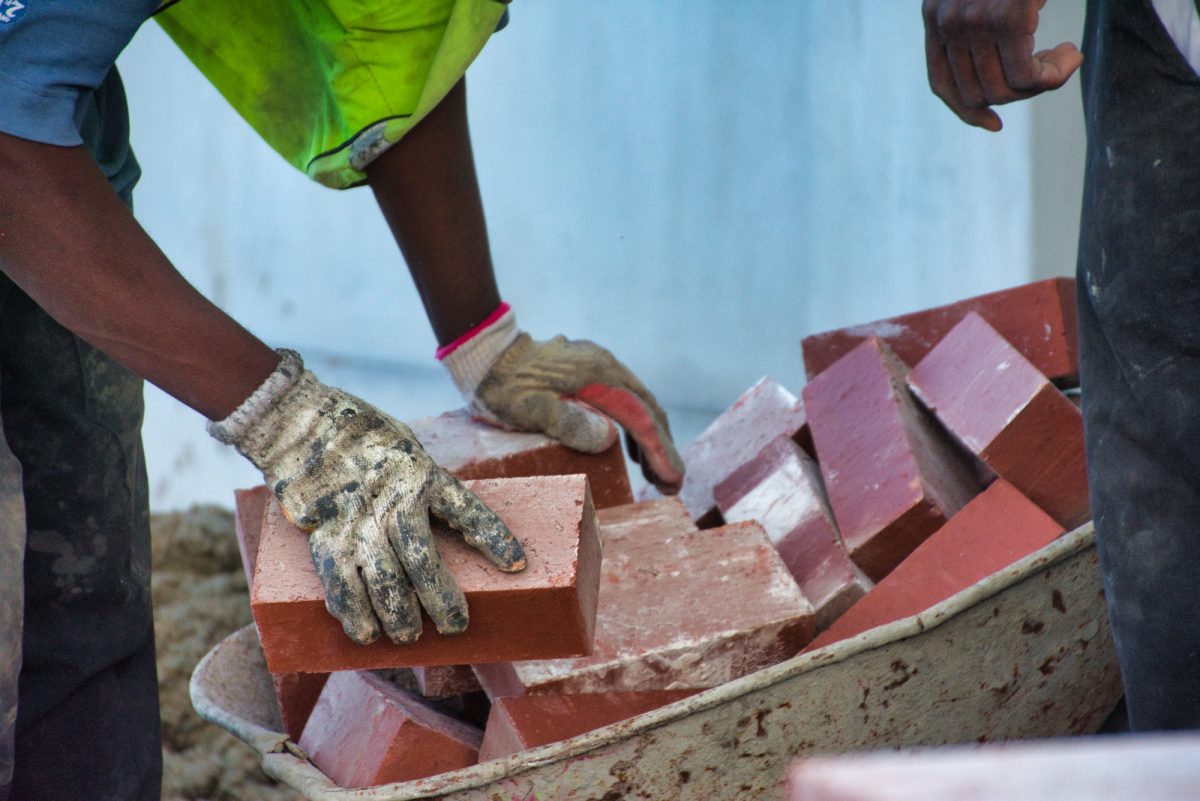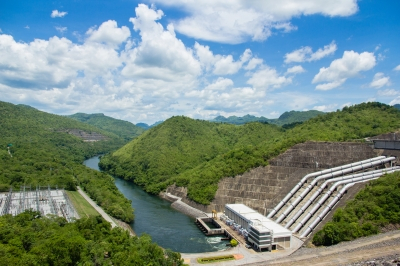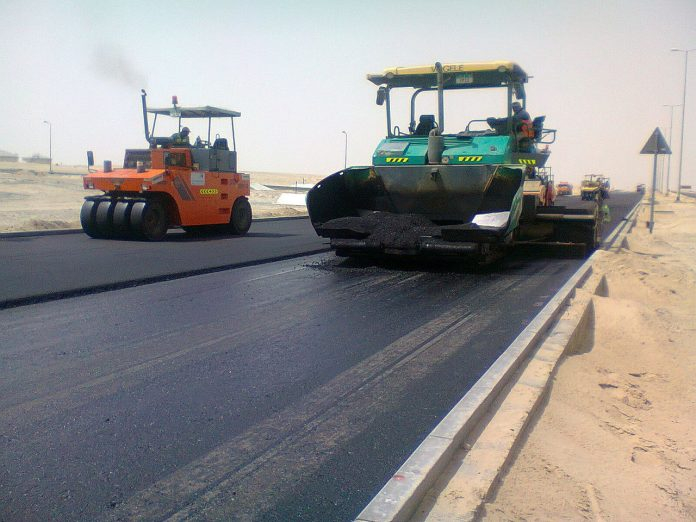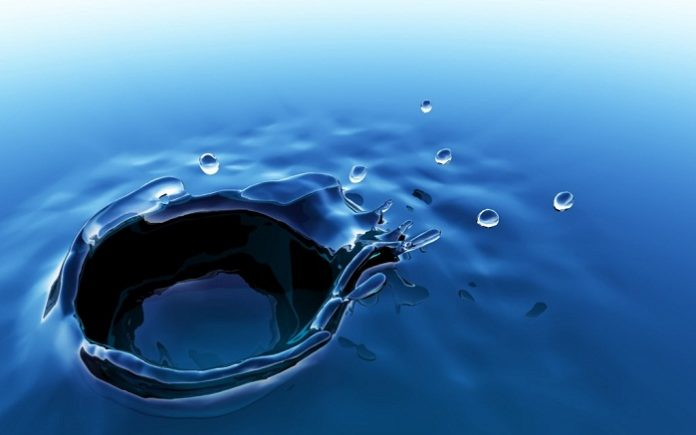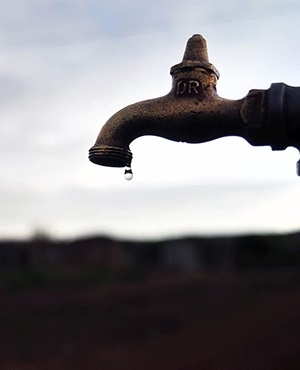

A nearly R9-million joint desalination project between the Western Cape government and the French government still needs the required environmental approval for operation in November.
The solar-powered desalination plant, the first of its kind, will be located in the coastal town of Witsand on the mouth of the Breede river, and will produce a minimum of 100 kl a day. Despite the excitement surrounding the project, which entails about R8.6-million in grants, it may not be allowed to operate until it has received the proper authorisation, director of Cape Environmental Assessment Practitioners Louise-Mari Van Zyl said at a briefing on Monday.
However, Finance MEC Ivan Meyer said that while the project had not received final approval, he is confident that the project will operate on schedule. “We already have the pre-approvals and the bulk of the work has already been completed,” he said.
“Firstly, the plant is solar-powered and secondly, there will be no harm to the environment as the plant is located on a farm – far from the locals.”
The environmental consultant for the project, Dr Megan Laird, said that the impact on the environment is very limited. “The biggest issue is the brine (salt) produced by the plant, which may affect the marine life,” she said. “But fortunately, the effects will be limited to the estuary, or the mixing zone. So there may only be one to two metres of discharge.”
French ecology minister Nicolas Hulotcongratulated all parties on the project and encouraged technological innovation that “works with nature”. “We need to make peace with nature. If we can combine natural intelligence and human intelligence this will be a success,” he said. The funding from the French Treasury is aimed at implementing innovative green technologies and is expected to bring to South Africa its first solar-powered desalination unit.
Hessequa, located 250 km east of Cape Town, consists of several coastal villages that suffer from a structural water deficit, even outside of drought periods. Witsand village, which has critical watershortages, was designated for the implementation of the solar-powered desalination unit.
“The town of Witsand has a population of 300 people, but come vacation time it increases to 3 000,” Meyer said on Monday. “Every year we receive letters from the people of Witsand complaining that they don’t have water.” Meyer said that the project would also increase economic growth in the town’s tourism sector
More news
- DOK-ING’s innovative electric mining equipment unveiled at ElectraMining
- CONCOR’S MASTERY IN FAST TRACK PROJECT IMPLEMENTATION UNDERSCORED BY SAFETY AWARD
- PROMINENT SEA POINT HOTEL REFURBS WITH REHAU
- CONCRETE ROOF TILES USED FOR WALL CLADDING ON COASTAL HOME
- THE GREENEST RESIDENTIAL DEVELOPMENT IN AFRICA?

